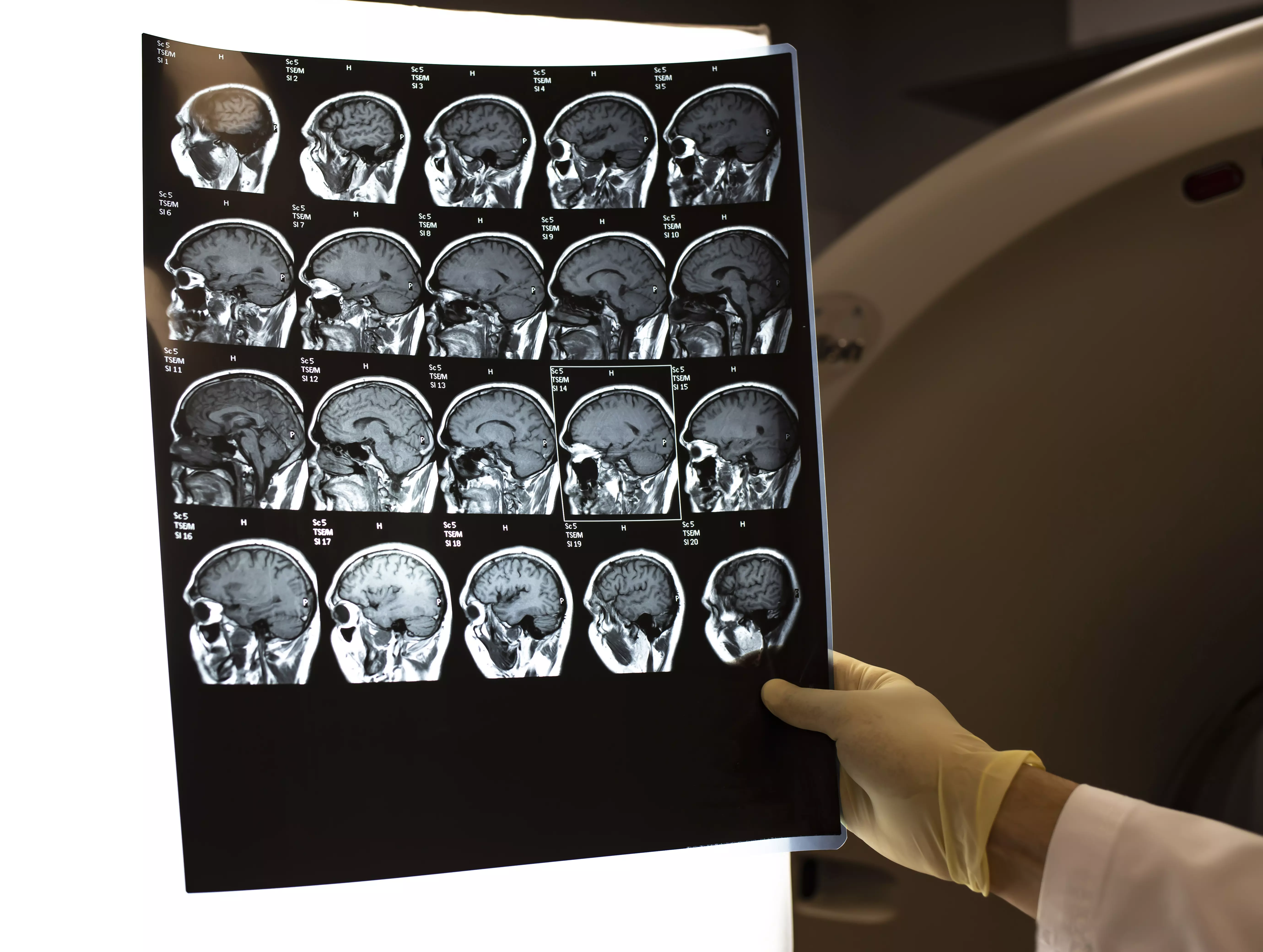What effect did radiation therapy have on a brain cancer patient
Brain cancer is one of the most difficult cancers to treat, due to the sensitivity of this organ and the limitations of certain therapies. One of the primary treatments is radiation therapy. In this article, we present the story of a patient who was significantly affected by radiation therapy.
Diagnosis
Martin, a 46-year-old engineer, felt sudden and severe headaches. After a series of tests, including an MRI, he was diagnosed with a brain tumor. After further testing, the tumor was classified as brain cancer.
Treatment plan
A team of doctors, consisting of a neurosurgeon, an oncologist and a radiation therapist, developed a treatment plan for Martin. Due to the location and size of the tumor, it was decided to perform surgery followed by radiation therapy to increase the chances of completely removing the cancer cells.

Surgery
The operation consisted of removing the tumor. The surgeons managed to remove most of the tumor, but due to its proximity to important brain structures, they could not remove it completely. The remnants of the tumor were to be treated with radiation therapy.
Radiation therapy
Martin underwent a six-week cycle of radiation therapy. Doctors used a technique known as conformal radiotherapy, which allows precise irradiation of the tumor while minimizing exposure of healthy brain tissues. The treatments were well tolerated by Marcin, although he experienced some side effects, such as fatigue and nausea.
Side effects and their management
Side effects of radiation therapy are inevitable, but Marcin's medical team took all measures to minimize and manage them. Marcin received antiemetics for nausea, and tried to control fatigue by scheduling regular rest.
Post-treatment follow-up
After completing radiation therapy, Marcin remained under the constant care of his oncologist. Regular follow-up MRI scans showed that the residual tumor had begun to shrink, and after a few months it was no longer visible on the images.
Conclusions
Radiation therapy played a key role in treating Martin's brain cancer. Despite the side effects that accompanied the treatment, Marcin managed to successfully go through the entire treatment process, thanks to a well-planned treatment process focused on his individual needs. His story shows the importance of proper control and management of side effects, as well as regular check-ups to monitor the body's response to treatment.
